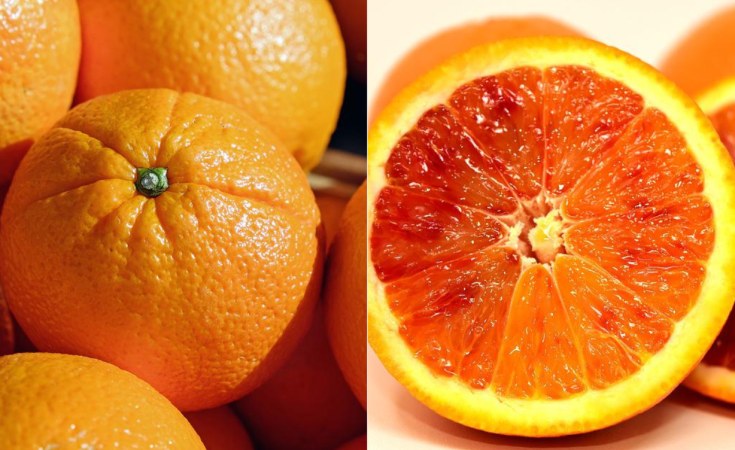Cape Town — South African citrus farmers are facing tough times with the latest legislation from the European Union that requires all produce to undergo extreme cold treatment to stave off false codling moth (FCM) contamination. The new requirement is already in effect, and it would appear that politics trumped science, with European citrus-growing rival Spain, cast as the villain, Eye Witness News reports.
The EU requirement will force African countries to implement extreme cold treatment rules, which will see citrus from South Africa endure cold treatment between 0°C to -1°C for at least 16 days before export.
The new rules may also force the industry to virtually ban the export of some types of citrus, including blood oranges, Turkey, Salustiana, Benny, and Midknights, which will be most affected. It will also be forced to halt exports of organic and chem-free oranges. "These environmentally friendly and sustainable orange types have never recorded an FCM interception. When it comes to South African conventional oranges, only a portion of the crop will be able to withstand the new prescribed cold treatment temperatures," Deon Joubert, the Citrus Growers' Association's special envoy for market access and EU matters, said.
The South African government has approached the World Trade Organization for assistance on the matter, IOL reports.
The SA Citrus Growers Association (CGA) decried the EU cold treatment regulations as "drastic and misinformed". The organisation warned that the arbitrary rules could see cartons of citrus worth U.S.$38 million headed to the EU being destroyed.
Opposition party the Democratic Alliance, is calling on the government to assist citrus farmers, saying that the regulations placed a heavier burden on the region despite its already high food production standards. DA member on the portfolio committee on agriculture, land reform and rural development Noko Masipa said: "Given the country's minimal incidents over the past three years, President Cyril Ramaphosa should argue that South Africa be exempted from the regulations as countries with many more recorded incidents do not have to comply with such regulations."


